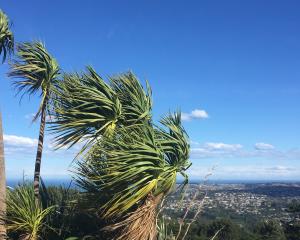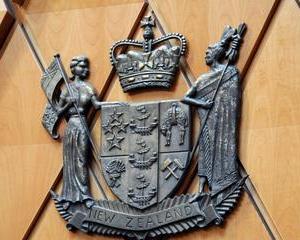Otago Fish and Game Council environmental officer Nigel Paragreen spoke at an Otago Regional Council meeting this week.
The council has been creating a biodiversity strategy, which places emphasis on the protection and maintenance of native species.
Mr Paragreen said his organisation "felt strongly" omitting valuable introduced species from the plan created a gap.
"Practically, it's difficult to manage ecosystems by only looking at sections."
About 30,000 individuals bought fishing and game licences, and many of the species targeted were introduced, he said.
He recognised some people were "ideologically" opposed to protecting introduced species.
National policies did recognise both native and indigenous species, Mr Paragreen said.
Regional council senior policy analyst Rachael Brown said the issue had been given "extensive thought".
The issue was a "topic of hot debate" among stakeholders, some of whom thought only native species should be included.
While some points in the plan specified native species, others were purposely wider.
Hunted and fished introduced species were already protected by economic incentives, and some native species were not, she said.
The council did not alter the plan based on Mr Paragreen's comments.
Policy committee chairwoman Gretchen Robertson said it was "fantastic" to get the plan finalised, as the council worked hard to create it.
"We've got a real chance in Otago to be really something special nationally."
A report on the implementation of the strategy will be brought to the council in the next two or three months.












